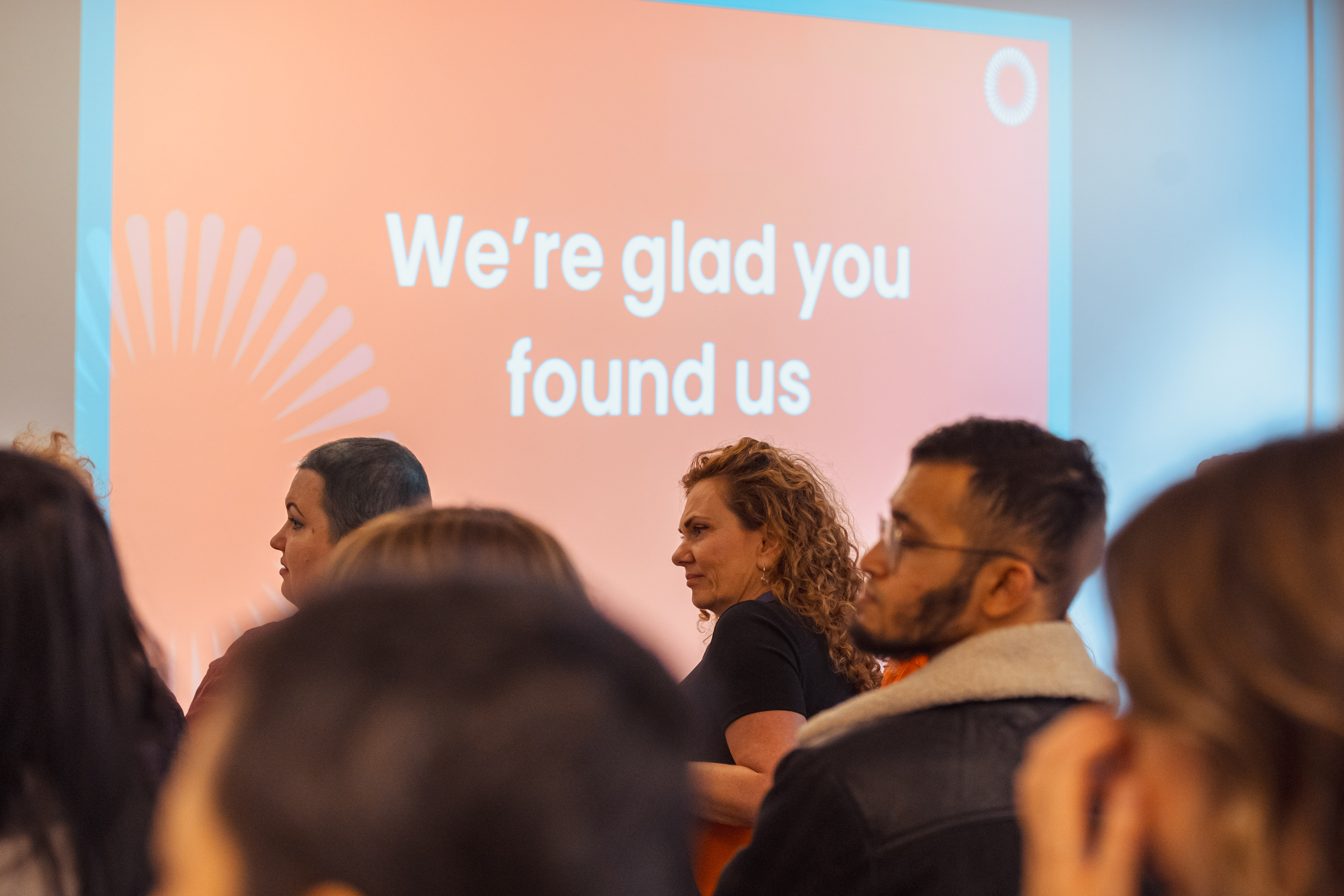
Shine Connect 2024 | The UK’s Only Young Adult Cancer Conference
27 September 2024 — david-allen
Shine Connect is returning this year with Rebuilding Resilience, a hybrid conference taking place online and in person.
Shine Cancer Support’s annual event brings together adults in their 20s, 30s and 40s who have experienced a cancer diagnosis. This event not only gives you a chance to meet others and listen to the experiences of young adults with cancer but also to hear from experts in a range of fields.

There is never a good time to have cancer, but they know that younger adults face different issues than their older or younger counterparts. Many of these are not dealt with by traditional cancer support charities and services.
Join the team in person on 12th October at Wallacespace Clerkenwell, or online on 13th October.
This year, they’re focusing on how we can rebuild our cognitive function and resilience after cancer with keynote speaker, Nazanin Derakhshan, professor of experimental psychopathology at the University of Reading.
Come to meet other young adults with cancer, get access to quality information, and have some laughs. The in-person event is £25 and includes lunch and refreshments and there are also bursaries available for those who wish to attend who may need financial assistance.
Shine Connect 2023 Video
About Shine Cancer Support:
Shine is the only UK charity that support adults in their 20s, 30s and 40s who have experienced a cancer diagnosis.
There is never a good time to have cancer, but they know that younger adults face different issues than their older or younger counterparts. Many of these are not dealt with by traditional cancer support charities and services.
Latest Articles
See all Articles
17 November 2024 — Signet Consultancy
Support for Pancreatic Cancer in the UK | Pancreatic Cancer AwarenessThere are around 10,500 pancreatic cancer diagnoses every year across the UK, making it the 10th most common cancer diagnosed. November is Pancreatic Cancer Awareness month, so we’ve taken a look at some of the pancreatic support organisations available in the UK. Pancreatic Cancer Action Focused on the early detection and public awareness of pancreatic […]

03 November 2024 — David Allen
Support for Lung Cancer in the UK | Lung Cancer AwarenessAlmost 50,000 people are diagnosed with lung cancer each year in the UK, making it the third most common cancer across the country. It is more common in those over 75 and over 70% of diagnoses are caused by smoking. November is Lung Cancer Awareness month, so we’ve taken a look at some of the […]
